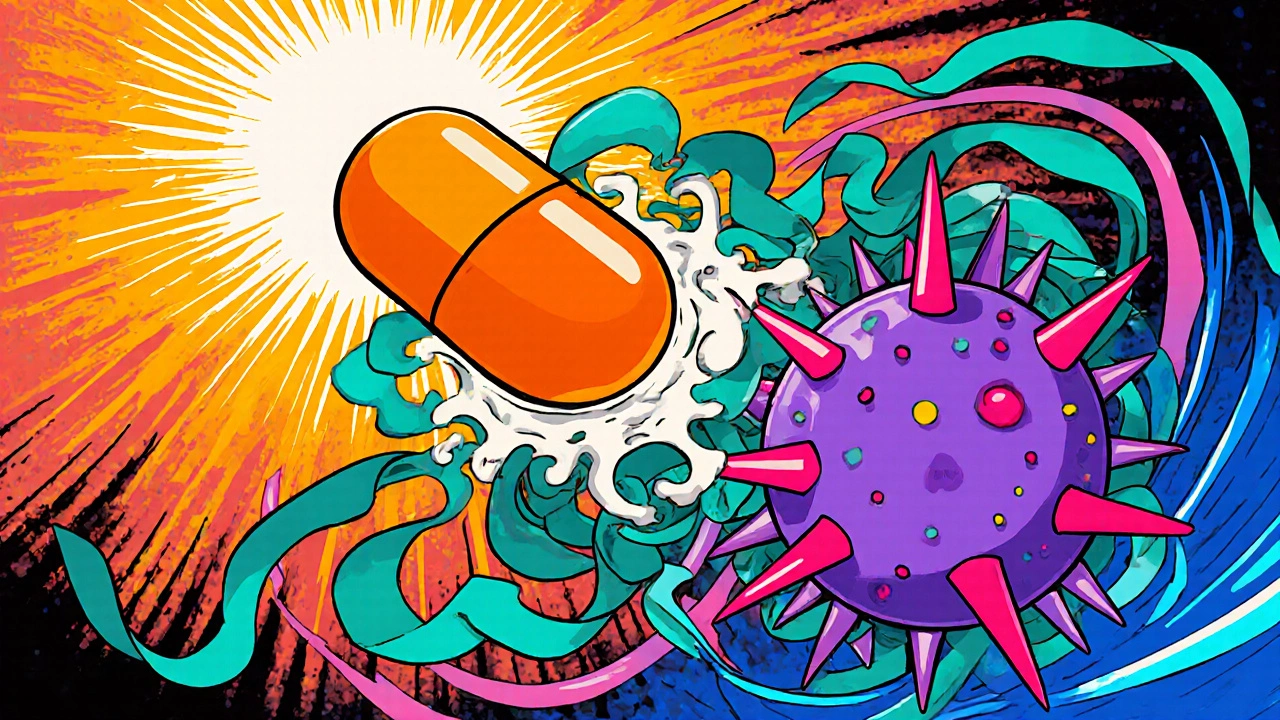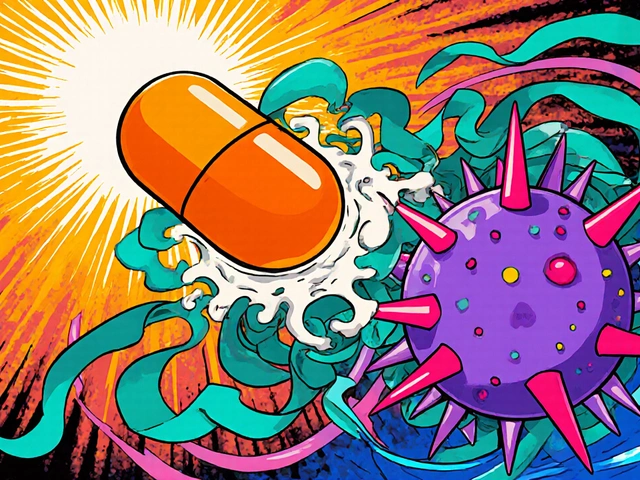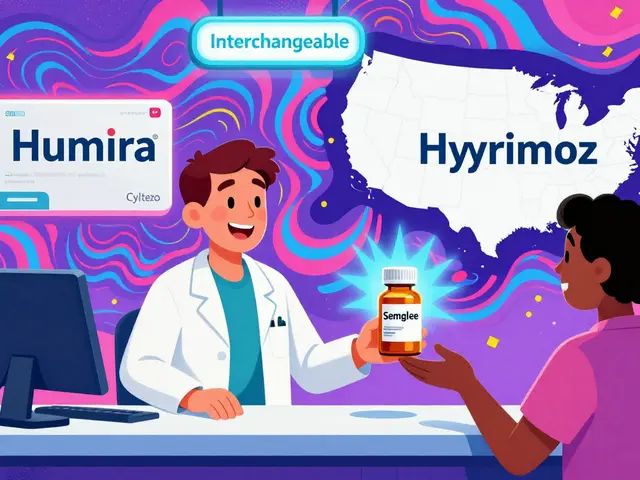Didanosine Drug Interactions: What You Need to Know
When you’re taking Didanosine, a nucleoside reverse transcriptase inhibitor used to treat HIV infection. Also known as ddI, it works by blocking the virus from copying itself—but it doesn’t work alone. Its effectiveness and safety depend heavily on what else you’re taking. Many people on HIV treatment use multiple drugs at once, and Didanosine can react badly with some of them. These reactions aren’t just theoretical—they’ve caused serious side effects like liver damage, nerve problems, and even life-threatening pancreatitis in real patients.
One of the biggest risks comes from combining Didanosine with Stavudine, another HIV drug that works similarly. Both drugs stress the same cellular pathways, and using them together increases the chance of mitochondrial toxicity—leading to muscle weakness, numbness, or tingling in hands and feet. Even if your doctor says it’s okay, many guidelines now avoid this combo entirely. Then there’s Alcohol, a common substance that can worsen liver strain. If you drink regularly, even moderate amounts, you’re putting extra pressure on a system already working hard to process Didanosine. And don’t forget Allopurinol, a gout medication often prescribed to people with HIV. Together, they raise Didanosine levels in your blood, turning a safe dose into a dangerous one.
It’s not just other HIV meds or alcohol. Over-the-counter painkillers like ibuprofen or acetaminophen, certain antibiotics, and even some herbal supplements can interfere. Didanosine needs an empty stomach to absorb properly—so antacids, calcium supplements, or iron pills taken too close to your dose can block it entirely. That’s why timing matters as much as the drugs themselves. If you’re on this medication, you need a clear list of what to avoid, when to take it, and what to watch for. This page brings together real-world cases, clinical guidance, and practical tips from posts that help people navigate these risks without guesswork. You’ll find direct comparisons, safety checklists, and stories from others managing the same treatment. No fluff. Just what you need to stay safe and in control.
Didanosine Drug Interactions: Essential Guide for Patients and Providers
Learn which meds and supplements affect didanosine, how to manage risks, and what symptoms to watch for to stay safe on HIV therapy.






